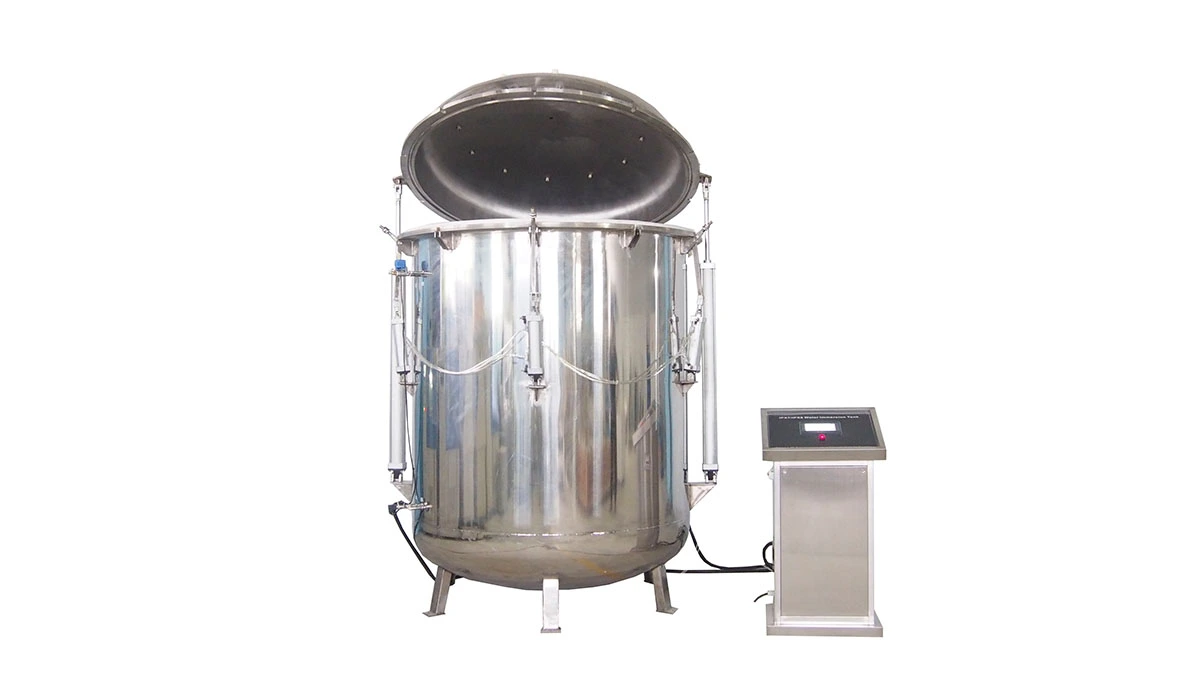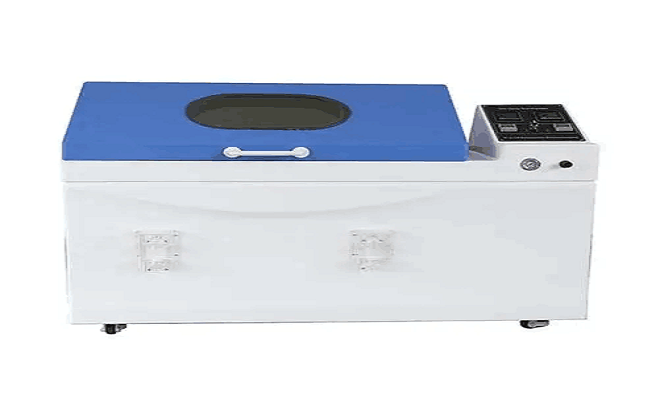

The constant temperature and humidity test chamber is crucial in fields such as scientific research, electronics, chemicals, and pharmaceuticals due to its ability to precisely control temperature and humidity. So, how does this chamber balance temperature and humidity to ensure a stable testing environment?
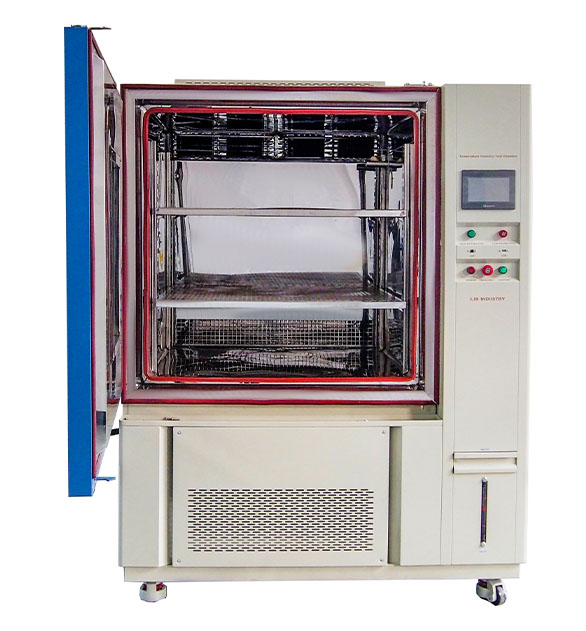
The chamber consists of a box body, control system, heating system, cooling system, and humidification system. Its working principle involves the control system precisely managing the heating, cooling, and humidification systems to adjust the temperature and humidity inside the chamber.
Once the desired temperature and humidity levels are set, the control system compares the actual readings from temperature and humidity sensors with the set values. If there’s a discrepancy, the system activates the corresponding adjustments to bring the internal conditions closer to the set parameters.
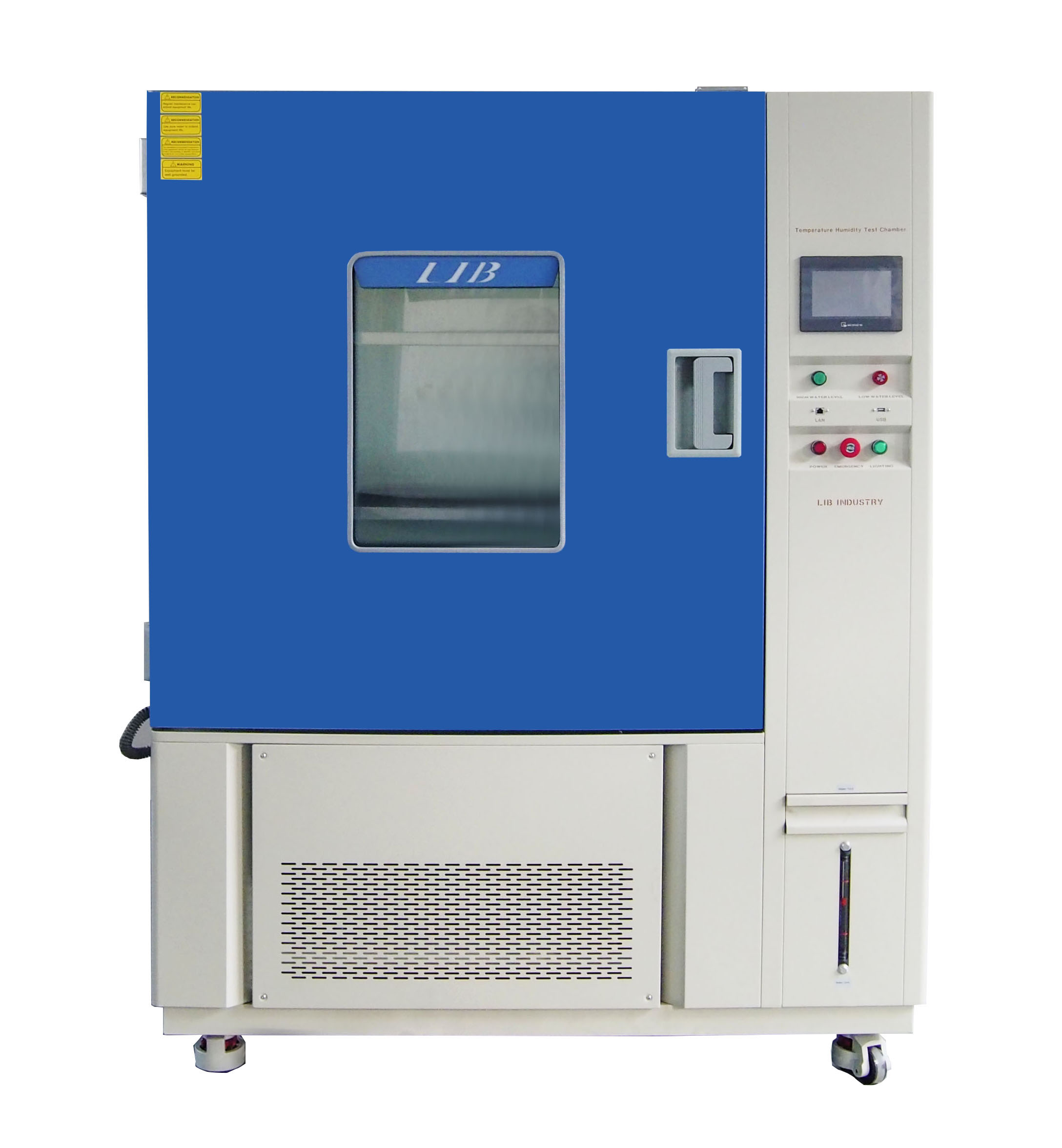
1、Heating System
Typically, an electric heating method is used, where heating wires or tubes convert electrical energy into heat to raise the internal temperature. When the temperature falls below the set point, the control system activates the heating system. It adjusts the output power based on the rate and extent of temperature change to ensure rapid and stable temperature control, often utilizing forced air circulation to maintain even temperature distribution.
2、Cooling System
Generally employs a compressor for cooling, where the flow of refrigerant removes heat from the chamber. When the temperature exceeds the set point, the control system initiates the cooling process. This system utilizes the refrigerant’s phase change—releasing heat when it transitions from gas to liquid and absorbing heat when changing from liquid to gas—through the compressor's compression and expansion process.
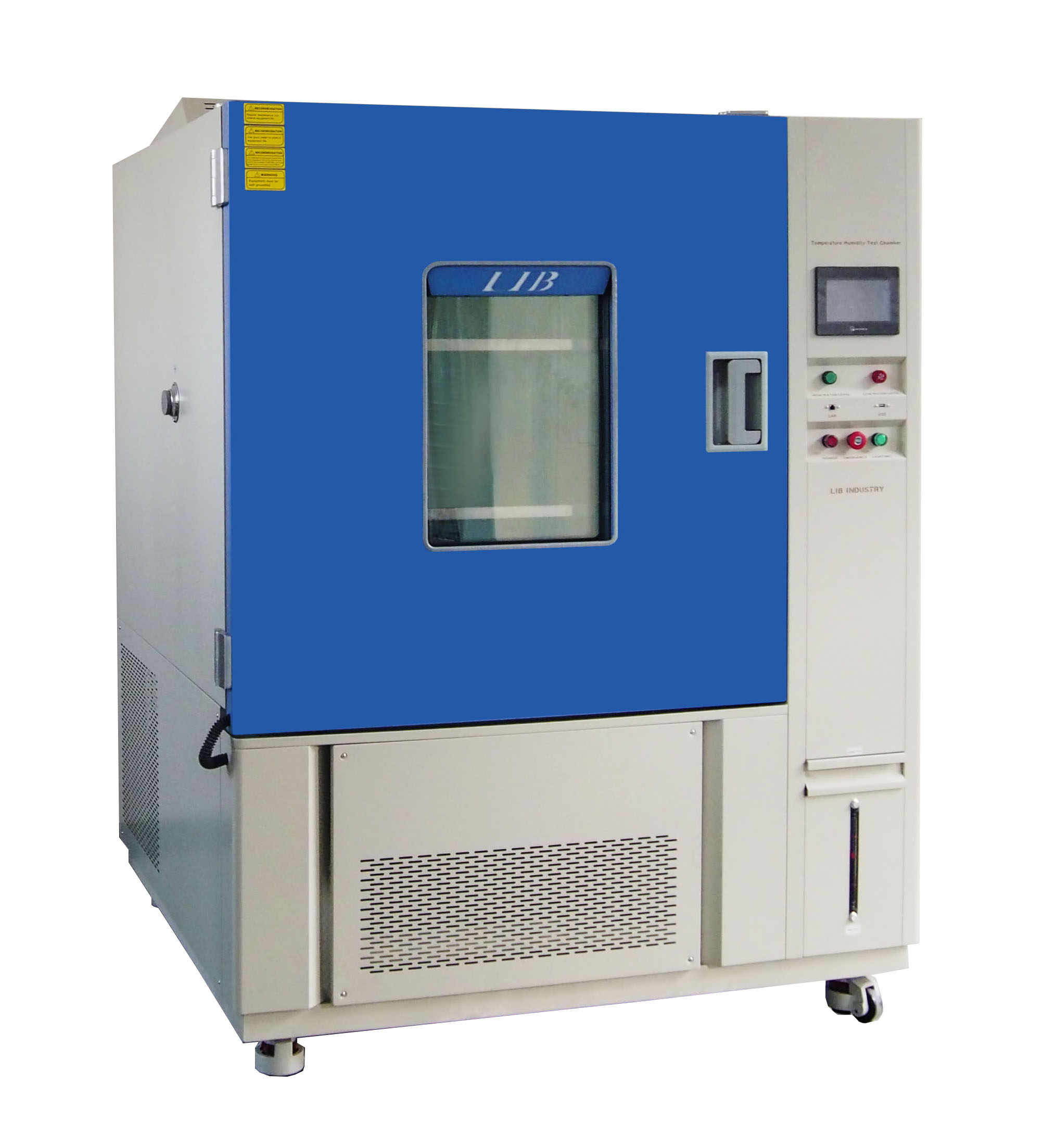
The humidification system typically employs either steam humidification or shallow pan humidification. Steam humidification heats water to generate steam, which is then introduced into the chamber to increase humidity, while shallow pan humidification relies on natural evaporation from water in a shallow tray.
When humidity levels drop below the set point, the control system activates the humidification system to elevate humidity. Adjustments are made based on the rate and extent of humidity change to ensure rapid and stable control, with forced air circulation also used to maintain even humidity distribution.
配图
 English
English русский
русский français
français العربية
العربية Deutsch
Deutsch Español
Español